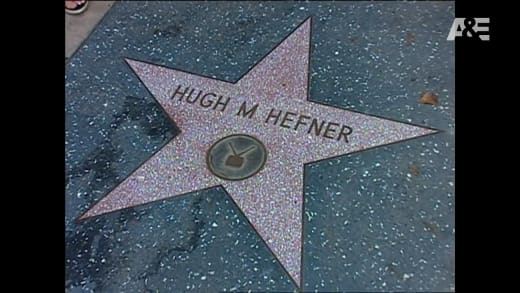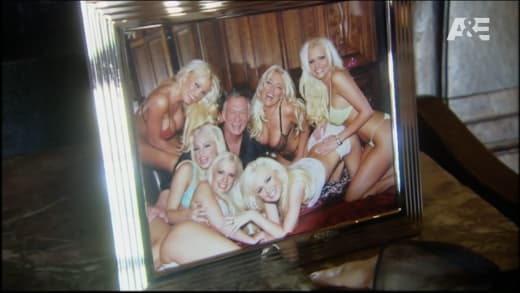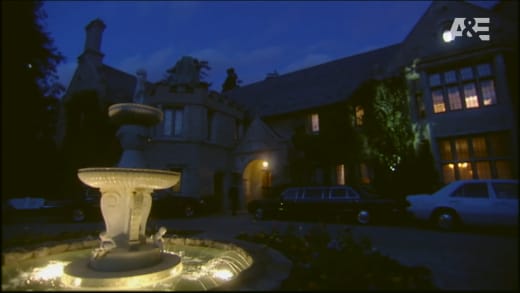Hugh Hefner and his infamous mansion were once thought of us cultural oddities but otherwise unremarkable.
In recent years, however, life inside the Playboy Mansion has lost some of its mystery in the worst imaginable ways.
Women who lived there with Hefner have described feeling as if they were in a gaslighting cult.
With the recent docuseries in the spotlight, hundreds of people with ties to the Playboy brand are insisting that their experiences were much better.
Hundreds of former Playboy Bunnies, Playmates, ex-girlfriends, and employees signed an open letter.
In the letter, obtained by People this week, they denounced A&E’s Secrets of Playboy docuseries.
The general allegations against Hefner, who passed away several years ago at the age of 91, were also condemned.
“We sign our names to support Hugh M. Hefner,” the letter reads.
“From all we know of Hef, he was a person of upstanding character,” the letter describes.
The letter praises Hefner for his perceived “exceptional kindness, and dedication to free thought.”
“He demonstrated a commitment to living an honest life beyond everything else,” the open letter asserts.
“Our time within Hugh Hefner’s Playboy and the organization’s subsidiaries remains a period all of us are fond of,” the letter adds.
“I proudly sign this letter in recognition of Hugh Hefner’s character,” the letter continues, “amid unfounded allegations in the A&E show.”
A&E responded, reporting that they did not initially receive the letter but issuing a reply nonetheless.
“The stories shared in Secrets of Playboy are the personal experiences of the documentary’s participants,” the network explained.
“And,” A&E’s reply cotninued, “deserve to be told despite how difficult they may be for some to hear.”
“Signatures on a letter, or a different experience with Mr. Hefner or the Playboy culture,” A&E noted.
A&E’s reply continued: “do not negate the experiences of those who have come forward to share their truth on the series.”
“And,” the network concluded, “we look forward to continuing to bring these stories to light.”
That is an extremely diplomatic statement, but it’s also entirely correct.
If hundreds of people have a good experience — as employees, as theme park guests, as customers — that is great for them.
If dozens of people have a very different experience in the same context, neither party’s lived realities cancel out another’s.
We saw some of this during the first month of the #MeToo movement.
As courageous survivors came forward with their stories, a few people issued public denials based upon their own experiences.
One needs to remember that a bad man might be very good to some people, and still be a bad man.
That might sound like we are dismissing the claims of Hefner’s supporters — far from it.
First of all, their experiences are not invalidated by those of his detractors, either.
And we have to point out something about the nature of documentaries: they don’t have to be honest.
We don’t mean that anyone participating in this docuseries is lying, but rather that we should remember that there’s no perjury standard for a documentary.
Relatedly, documentaries take money to produce which means that they need to pay for themselves by being watched and being interesting.
Nobody’s going to watch an “explosive” documentary about how the lecherous old man was nice, even if it were true, so documentaries can feel one-sided.
That said, there are too many horror stories related to the Playboy Mansion and Hugh Hefner to ignore.
(Look, anybody whose house comes up in a conversation about R. Kelly’s crimes is not in good company, okay?)
Perhaps those who signed the letter were more fortunate than those who participated in the docuseries. Life is complicated.
Source: Read Full Article










